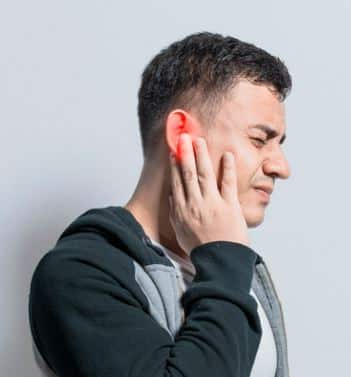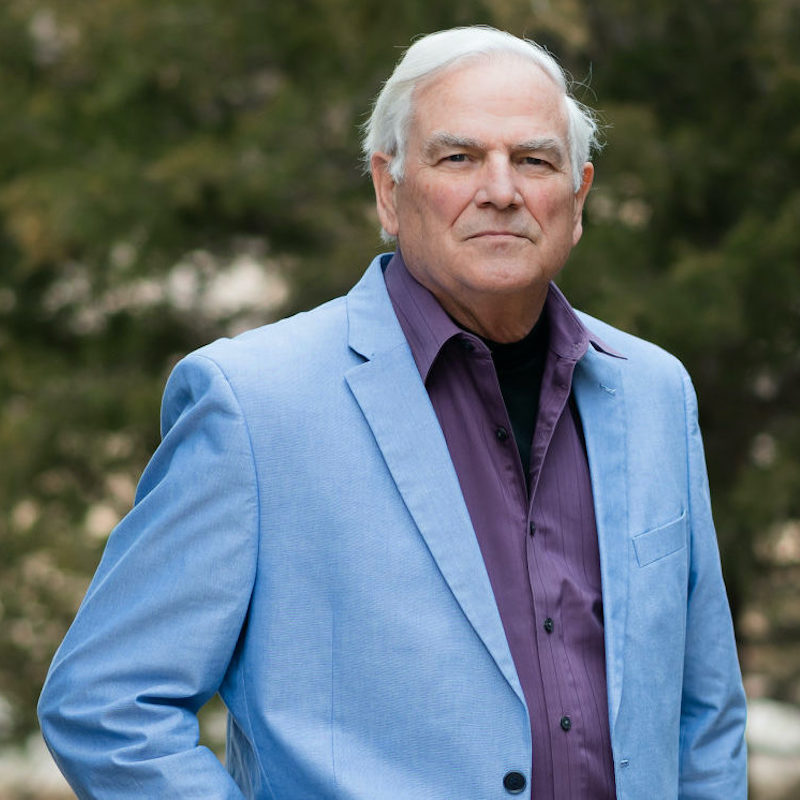Now that we have reviewed the discipline or “magic” of Homeopathic Medicine, Hearing International continues with part IV in the quest to find the truth about these remedies and their benefit to tinnitus patients. Of course, most audiologists have worked with tinnitus as long as they have worked with hearing loss.
Sanders (2012) of the American Tinnitus Association (ATA) defines tinnitus as a totally subjective noise — one that only the person who has it can hear. In rare cases, when the tinnitus is caused by an abnormality in a vein or artery and is in rhythm with the heart beat, the sound may be audible through a stethoscope placed on the neck or directly in the ear canal. A symptom in and of itself, tinnitus is not a disease. It is like pain — a signal that something has gone wrong, somewhere.
Tinnitus, however, can be very upsetting to those who experience it. That’s not surprising, as brain imaging research has shown that tinnitus often involves the limbic system — the brain’s emotional center. Brains seem wired to interpret constant loud noise, as well as chronic pain and vertigo, as cause for concern. Since tinnitus is a symptom of something that has gone wrong, that something might need medical attention, such as an acoustic neuroma (a tumor on the auditory nerve). In those cases, the tinnitus is doing a job by alerting the patient to a bigger problem. However, in most cases, according to Sanders, the tinnitus trips that warning switch in error and the person with tinnitus feels alarmed and anxious because of it.
Short History of Tinnitus

Roughly 15 percent of all adults in the United States have tinnitus.
It is impossible to present a total historical discussion in a few lines, but people have been aware of tinnitus since long before it was discussed by those 19th century individuals whom we quoted in Part II of this series.
Historical descriptions of tinnitus strongly reflect cultural factors. In ancient Oriental mysticism, tinnitus was regarded as sensitivity to the divine. The ancient Egyptians believed that tinnitus resulted from a bewitched ear and as treatment they infused oils or herbs in the outer ear canal. In the Middle Ages, this strategy continued and different substances were used.
During the 4th century BC, the Greek scientists Hippocrates and Aristotle introduced the idea of masking and suggested: “Why is it that buzzing in the ear ceases if one makes a sound. Is it because a greater sound drives out the less?” In the Babylonian Talmud, tinnitus appears as the “curse of Titus” and is described as a buzzing in the brain. It was found to respond to sound therapy, and then habituating. Today, sound therapy is commonly used to treat tinnitus.
It was first administered in high levels to mask tinnitus (Feldmann, 1971; Vernon, 1977). High levels were then replaced by low-dose white band noise generators (Jastreboff and Hazell, 1993).
In Roman medicine tinnitus was regarded as being associated with depressive and seizure disorders, which were presumed to have a common pathophysiology. Most audiologists worldwide are familiar with masking techniques and the more sophisticated FDA-approved Neuromonics, but the benefit allegedly derived from homeopathic medications are still a mystery to most of us.
Homeopathic Claims as Causes of Tinnitus
Tinnitus is usually reported as ringing, hissing, buzzing or clicking kind of sound and its known causes include medications and middle or inner ear disorders. There are times, however, when there is idiopathic tinnitus not associated with any known cause. Tinnitus varies greatly in its intensity, frequency, intermittency, subjectivity, objectivity, etiology and other variables. Indeed, it seems to many clinicians who treat patients with tinnitus that there are as many types of tinnitus as there are patients who suffer from the problem.
Many of the causes of tinnitus identified by homeopathic practitioners are also known scientific and medical causes of tinnitus; others are not. In homeopathy, causes of maladies such as tinnitus are crucial, because remedies are prescribed according to the cause.
Home Made Remedies, a one-time prominent homeopathic tinnitus site, lists these causes of tinnitus:
Cause of tinnitus #1: Most tinnitus comes from damage to the microscopic endings of the hearing nerve in the inner ear.
Cause of tinnitus #2: Hearing loss. Doctors and scientists have discovered that people with different kinds of hearing loss also have tinnitus. Too much exposure to loud noise can cause tinnitus.
Cause of tinnitus #3: Long-term use of certain medications. Aspirin used in large doses, quinine, antibiotics and anti-inflammatory drugs can affect inner ear cells. Trauma-related damage to your inner ear.
Cause of tinnitus #4: Temporomandibular joint problems. These are “jaw joint” disorders, and they may result in clicking or grating noises when you move your jaw.
Cause of tinnitus #5: Stiffening of the bones in the middle ear.
Cause of tinnitus #6: A hole in or a rupture of the eardrum.
Cause of tinnitus #7: Ear infection. If an infection reduces your ability to hear outside noises, you’re more likely to hear the noises related to tinnitus.
Cause of tinnitus #8: Ear wax. Buildup of excess wax in your ear can reduces your ability to hear and causes inflammation of the eardrum membrane, the middle ear, or the inner ear.
Cause of tinnitus #9: Allergies, tumors, and problems in the heart and blood vessels, jaws, and neck can cause tinnitus. High blood cholesterol clogs arteries that supply oxygen to the nerves of the inner ear. If you are older, advancing age is generally accompanied by a certain amount of hearing nerve impairment and tinnitus.
Cause of tinnitus #10: Diet can affect tinnitus. Specific foods may trigger tinnitus or make it worse. These include red wine, grain-based spirits, cheese, chocolate, quinine/tonic water, high fat, and high sodium .
Cause of tinnitus #11: Stress is not a direct cause of tinnitus, but it will generally make an already existing case worse. Ringing in the ears also sometimes accompanies vertigo (dizziness).
 Practitioners of homeopathic medicine believe that each of these causes requires a different treatment. Their treatments are typically various roots, barks, berries, pineapples, salt, glycerin, and mixtures that, in their opinion, treat tinnitus of various causes.
Practitioners of homeopathic medicine believe that each of these causes requires a different treatment. Their treatments are typically various roots, barks, berries, pineapples, salt, glycerin, and mixtures that, in their opinion, treat tinnitus of various causes.
Some people have taken minerals such as magnesium or zinc, herbal preparations such as Ginkgo biloba, homeopathic remedies, or B vitamins for their tinnitus and found them helpful. Others have experienced tinnitus relief from acupuncture, sacral therapy, magnets, hyperbaric oxygen, or hypnosis.
Over a long career, a clinician will hear lots of stories about home-made treatments curing tinnitus. These homeopathic methods, however, are interesting concoctions reminiscent of “grandma’s remedies,” snake oil, and voodoo.
Next week Hearing International will explore the typical homeopathic tinnitus remedies.
 Robert M. Traynor, Ed.D., is a hearing industry consultant, trainer, professor, conference speaker, practice manager and author. He has decades of experience teaching courses and training clinicians within the field of audiology with specific emphasis in hearing and tinnitus rehabilitation. He serves as Adjunct Faculty in Audiology at the University of Florida, University of Northern Colorado, University of Colorado and The University of Arkansas for Medical Sciences.
Robert M. Traynor, Ed.D., is a hearing industry consultant, trainer, professor, conference speaker, practice manager and author. He has decades of experience teaching courses and training clinicians within the field of audiology with specific emphasis in hearing and tinnitus rehabilitation. He serves as Adjunct Faculty in Audiology at the University of Florida, University of Northern Colorado, University of Colorado and The University of Arkansas for Medical Sciences.
**this piece has been updated for clarity. It originally published on February 6, 2013







Most have experienced it. All, who have, will never forget it. What? Back pain in the morning. Nothing is worse than waking up from a great night’s sleep to take your first step out of bed, and stop dead-in-your-tracks from shooting back pain. What can you do to decrease your odds of having this dreadful event occur? Here are three tips to avoid back pain in the morning.